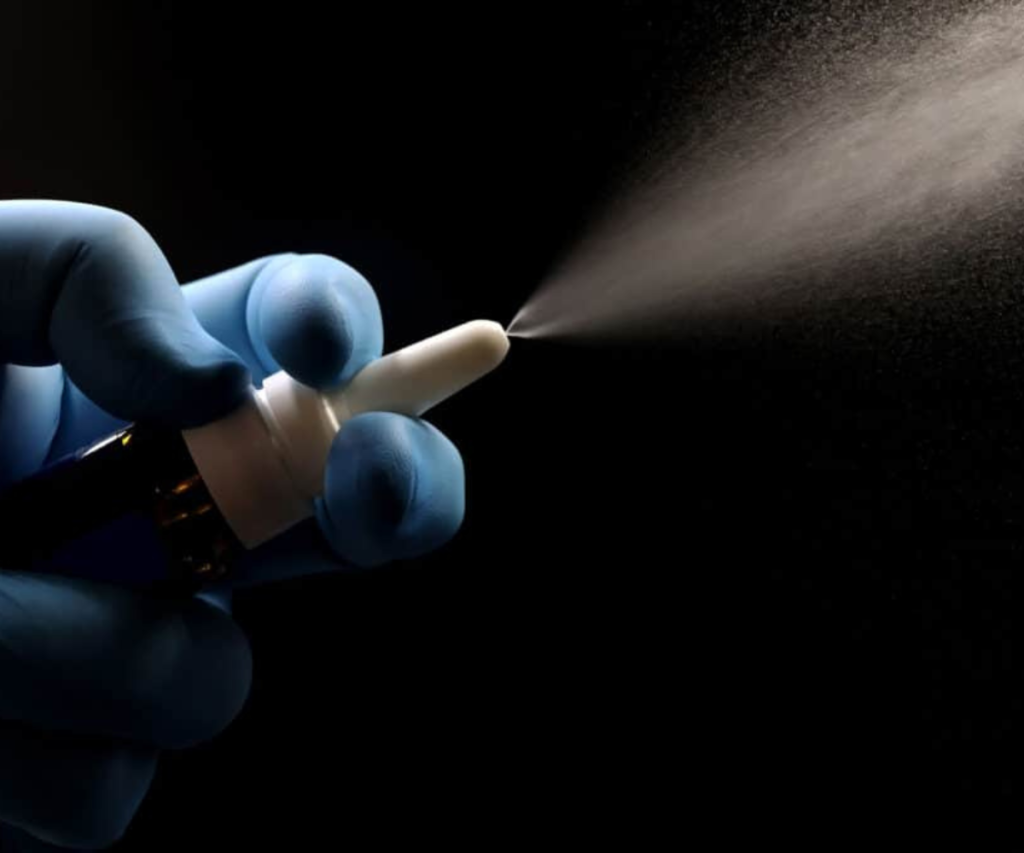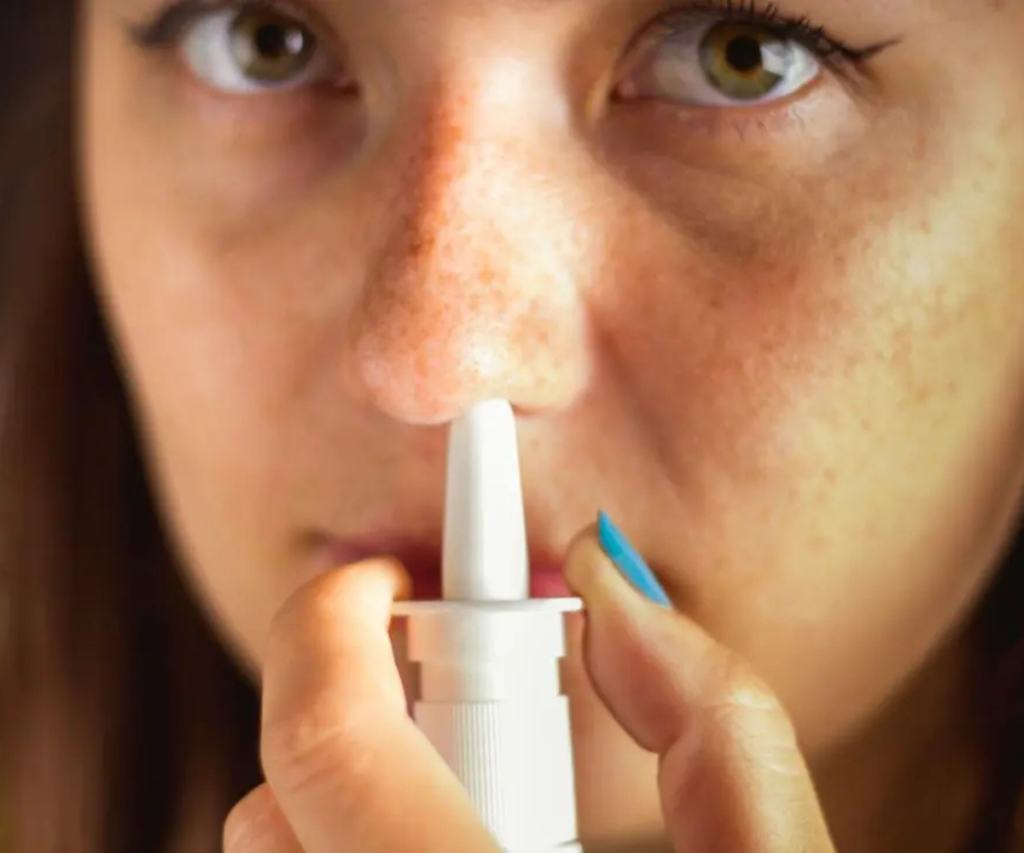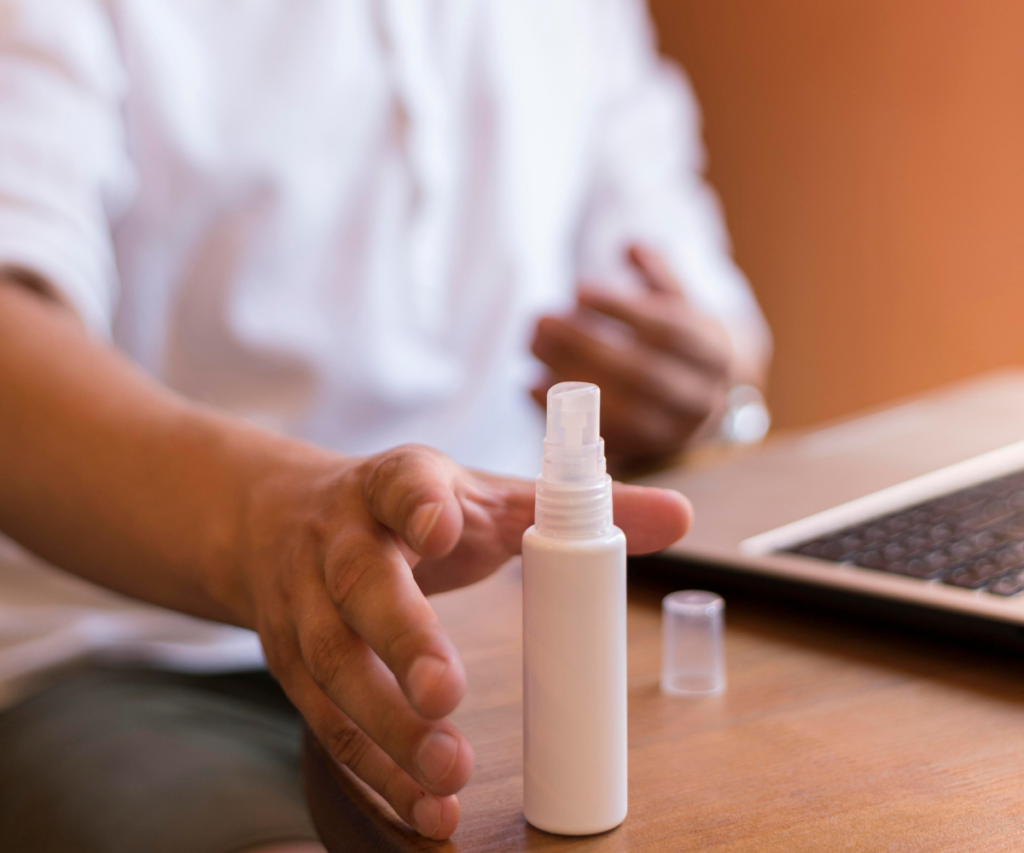Nasal Spray Addiction: Is It a Cause for Concern?

Nasal spray addiction is a concern that affects many people who rely on over-the-counter sprays for relief from a stuffy nose. While these sprays can provide fast relief during colds, allergies, or sinus congestion, overusing certain types can lead to rebound congestion and long-term nasal problems. Some sprays are safe for regular use, but others, when used too frequently, may contribute to nasal spray addiction. Understanding the risks, safe usage practices, and alternatives is essential to maintain nasal health and prevent tissue damage.
Understanding Nasal Spray Addiction
The term “nasal spray addiction” is somewhat misleading. Unlike addictive substances such as nicotine or opioids, nasal sprays do not cause chemical dependency. However, frequent use—particularly of decongestant sprays—can lead to a cycle known as rebound congestion.
Rebound congestion occurs when nasal tissues swell after the effects of the spray wear off, prompting a person to use the spray again. Over time, this cycle can worsen congestion and lead to permanent tissue damage.
A study from 2014 involving 895 participants with nasal congestion found that nearly 50% overused nasal sprays, highlighting how common this issue is.
Types of Nasal Sprays and Their Safety

Not all nasal sprays carry the same risk. Here’s a detailed breakdown of the main types:
Saline Nasal Sprays
What they are:
Saline sprays are simple, drug-free solutions containing salt and sterilized water. Some include preservatives to prevent bacterial growth, while others are preservative-free in sterile aerosol cans.
Benefits:
- Loosen and thin mucus
- Improve breathing during congestion from colds or allergies
- Safe for people of all ages
- Can be used as frequently as needed
Are they addictive?
No. Saline nasal sprays are entirely safe and non-addictive. They help maintain nasal moisture and hygiene without causing rebound congestion.https://www.youtube.com/watch?v=HLv9-usVZ4A
Steroid Nasal Sprays

What they are:
These sprays contain corticosteroids, not the muscle-building anabolic steroids. Corticosteroids reduce inflammation caused by overactive immune responses.
Uses:
- Treat nasal allergies such as hay fever
- Reduce sneezing and runny nose
- Can replace some oral allergy medications
Side effects:
Long-term use may lead to:
- Nosebleeds
- Headaches
- Eye conditions such as cataracts
- Slight growth reduction in children with prolonged use
Safety tips:
- Follow doctor guidance for children
- Use daily during allergy season for best results
Are they addictive?
No. Steroid nasal sprays are safe for daily use, though long-term users should consult a physician periodically.
Antihistamine Nasal Sprays
What they are:
Antihistamine sprays block histamine, a chemical responsible for allergy symptoms like sneezing, itching, and runny noses. Cromolyn sodium is a common over-the-counter example.
Benefits:
- Directly treats nasal allergy symptoms
- May cause fewer systemic side effects compared to pills
- Safe from age 2 and above
Are they addictive?
No. These sprays are non-addictive and can be safely used daily for several weeks. For extended use, doctor consultation is recommended.
Decongestant Nasal Sprays

What they are:
Decongestant sprays, including those with oxymetazoline or pseudoephedrine, shrink blood vessels in the nasal passages temporarily.
Benefits:
- Quick relief from nasal congestion
- Useful during colds or sinus congestion
Risks of overuse:
- Rebound congestion
- Chronic swelling of nasal tissues
- Pain, irritation, and potential infection
Signs of dependency:
- Feeling congested shortly after using the spray
- Using more frequently than recommended
- Needing the spray to breathe normally
Safe use guidelines:
Avoid continuous use to prevent rebound congestion




